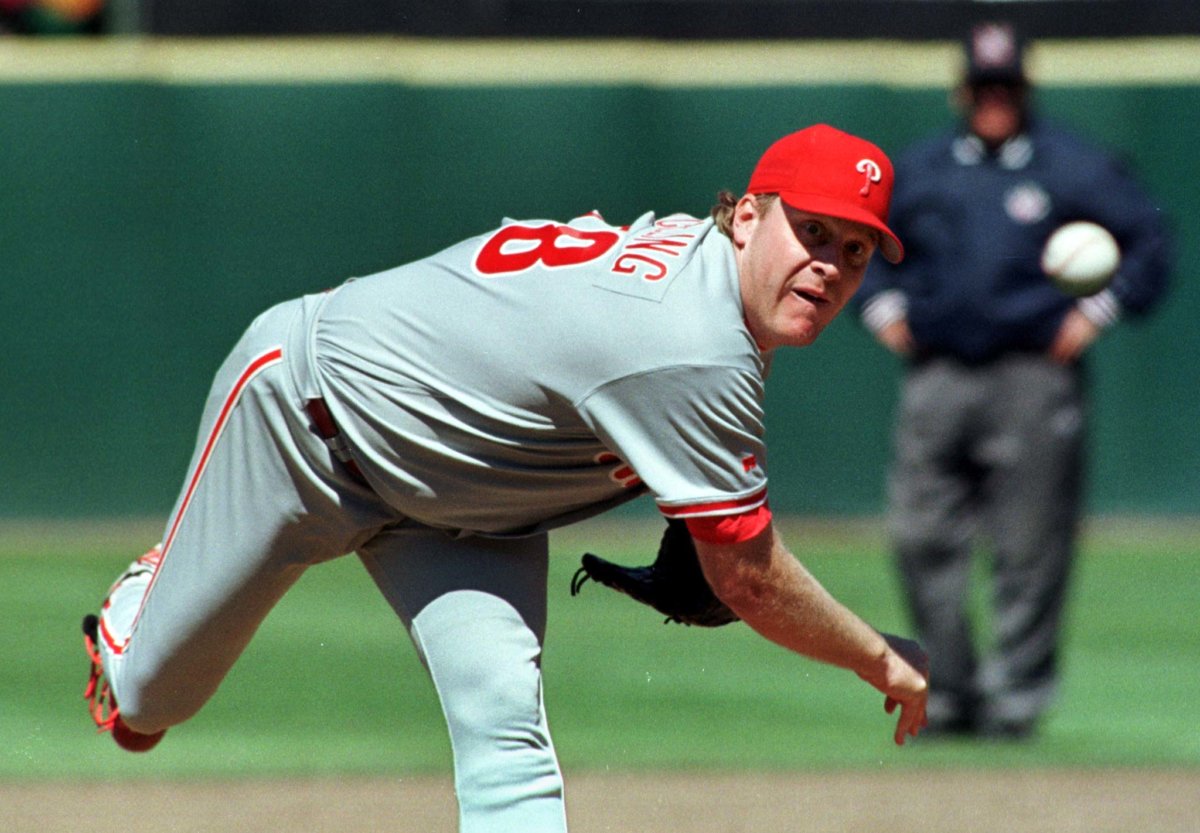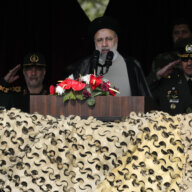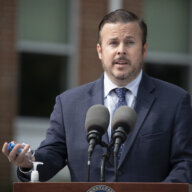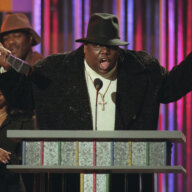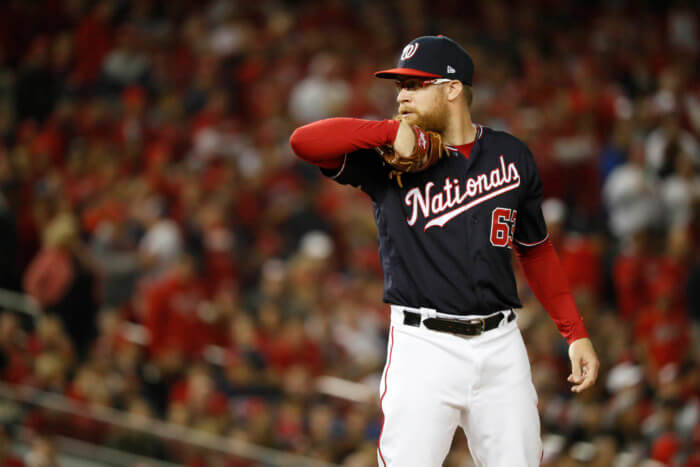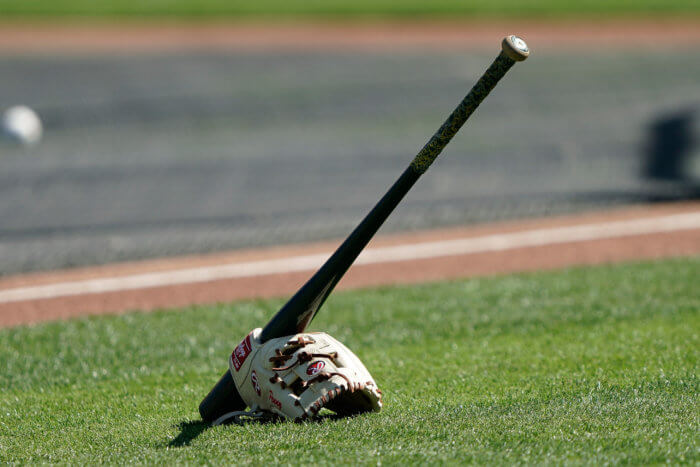“Voting shall be based upon the player’s record, playing ability, integrity, sportsmanship, character, and contributions to the team(s) on which the player played.”
Those are the directions for the privileged writers voting on the annual Baseball Hall of Fame ballot — the men and women who have become the gatekeepers of the game’s most hallowed grounds.
With it, a conundrum of the selection process that has fallen under scrutiny in recent years has been created. Do you vote based on excellence on the field and ignore the many demons in some closets? Or do you vote your conscience with the belief that the Hall should contain players and pioneers with records as sterling as their performances and contributions?
Of course, the latter school of thought goes against the mythic contradictions of the game that has allowed Cap Anson’s name to adorn the walls of the Hall of Fame.
He’s the man who sparked Major League Baseball’s “Gentlemen’s Agreement” in the 1880s that barred Black ballplayers and people of color until Jackie Robinson broke the color barrier in 1947.
Ty Cobb is celebrated in the fabled “First Class” of inductees from 1936 alongside the likes of Babe Ruth, Honus Wagner, Christy Mathewson, and Walter Johnson.
He was a noted racist and bigot whom writer Bugs Baer described as a man who “would climb a mountain just to take a punch at an echo,” while Bozeman Bulger speculated that he was “possessed by the Furies.”
Cobb once punched a black groundskeeper for trying to shake his hand before choking the man’s wife when she tried to intervene. He also admitted to the ghostwriter of his autobiography in 1960 that he killed a man in Detroit in 1912.
Then there are some with plaques already hanging in Cooperstown who found a way to find an unfair advantage to build their Hall-of-Fame resumes. Far too many to count.
It appears that now, the voters continue to take the whole scope of the directions on their ballot, focusing on the “integrity, sportsmanship, and character” part just as much as the strikeouts or home runs.
Leading up to the Baseball Hall of Fame’s announcement on Tuesday, not a single one of the 25 candidates up for induction this year was on pace to receive 75% of the vote needed to gain enshrinement.
Those with the most likely chance of getting into the Hall once again forced those that decide their fate to vote their conscience.
Curt Schilling, a pitcher who won 216 games and struck out 300 or more batters three times over a career that featured six All-Star Games and three World Series, was expected to get the remaining 5% that he missed out on last year — his eighth year of eligibility. But his disturbing views have surfaced on social media, including a 2016 call to lynch journalists and erratic right-wing behavior that condoned the mob violence at the U.S. Capitol on Jan. 6.
Omar Vizquel, one of the best-fielding shortstops the game has ever seen, made a momentous jump last year up to 52.6%, his third year on the ballot. In December, a report by The Athletic revealed that Vizquel’s wife accused him of domestic abuse. While Vizquel denied the rumors, he was taken into police custody in 2016 following an incident with his wife. The two are currently going through a divorce.
Then comes the age-old dispute of where performance-enhancing drugs stand in the court of baseball’s public opinion.
Barry Bonds is the game’s home-run king with 762 career round-trippers — though many still consider the now-departed Hank Aaron’s record of 755 still as the zenith of power-hitting. One of the greatest all-around players in the game’s history won NL MVP honors seven times, made 14 All-Star Games, and holds the MLB single-season record with 73 home runs.
Roger Clemens ranks ninth all-time with 354 career pitching victories and third all-time in strikeouts with 4,672. He won seven Cy Young Awards, two pitching Triple Crowns, seven ERA titles, and made 11 All-Star Games.
Sammy Sosa belted 609 career home runs. Manny Ramirez and Gary Sheffield each eclipsed the hallowed 500-home-run mark.
But their links to steroids in the 1990s and early 2000s has continued to keep them out — a hypocritical fact when considering the commissioner of Major League Baseball at the time, Bud Selig, is enshrined in Cooperstown despite letting the steroid epidemic grip the national pastime under his watch.
In its most literal sense, the Hall of Fame is nothing more than a museum that highlights the game’s greatest players, regardless of what they might have done away from the diamond. But it appears the scandal, the falls from grace, and the controversy continues to dominate the landscape of the selection process.
A version of this article first appeared on AMNY.com



